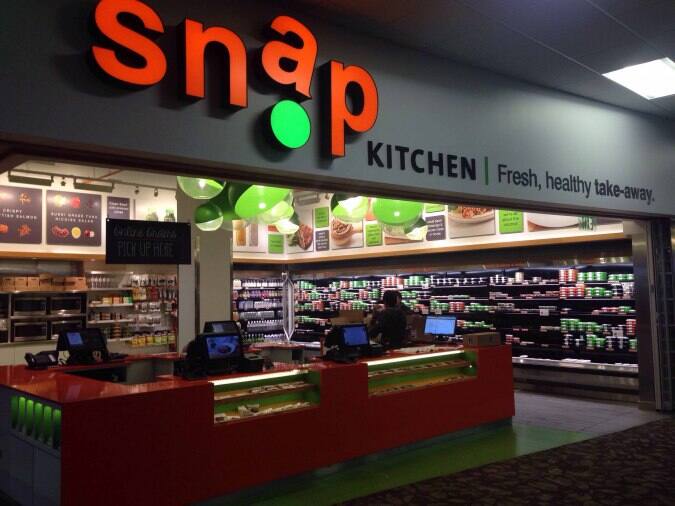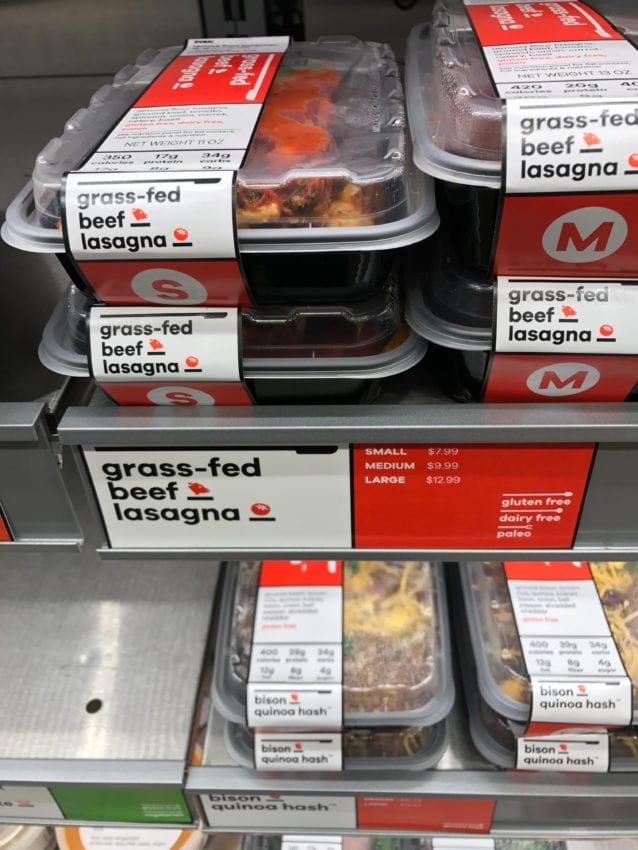

So this is the instrumentality that's in place, hallelujah, to keep food consumers from getting sick and/or dying – whether from Listeria, Salmonella, Campylobacter, various strains of E. And then we send those results to the certifying body, because that's part of their checks and balances to make sure we're doing things correctly." And," he grins, "we've been right every time. "So we'll get unknown samples sent to us, and we have to analyze those and send them to an outside resource – and they tell us if we were right or not. "There's also proficiency testing involved," says Toczko, generously abstaining from an eye roll. And we’ve been right every time.” – Darren Toczko “So we’ll get unknown samples sent to us, and we have to analyze those and send them to an outside resource – and they tell us if we were right or not. And then it's done and done, and the company just kind of glides from there? And once all the T's are crossed and the I's are dotted, then they give you the certification." And they found a few issues – forms that needed initials on them, where we didn't have a place for that – a few little startup things that were missed. So they sent somebody out to watch over my shoulder for three days, making sure we're doing things up to par. And then you send that in to a certification body – the ISO, in this case – and they review your records and ask you a lot of questions and, once they're satisfied, then they'll send somebody out. "You can't start a lab accredited," says Toczko, "because it has to have records to review, to make sure your process is in place – that you have the proper policies, programs, procedures, structure, and insurance. Right now, we're telling you about the Food and Ag Lab. It's a program, operating in the new and burgeoning Highland campus, that's so remarkably robust and diverse (it includes an industry-lauded fashion lab, for instance) that we'll be reporting more on it in the future. "We started this business a little over a year ago," says the tall, ginger-haired fellow, a trace of pride shading his soft-spoken tones, "and we've been very successful." What's allowed Toczko and his associates to bootstrap such a technology-heavy enterprise is the biosciences division of ACC's Incubator program. "I was the vice president of quality assurance and food safety at Snap, and I started looking for a local lab to use – and pretty quickly realized that there wasn't any." So, like the character in Somerset Maugham's "The Verger," an excellent bit of short fiction that you really should read sometime, Toczko took matters into his own hands. Toczko started out as a food microbiologist for Bar-S Foods in Oklahoma in 1998, and was recruited to Snap Kitchen in Austin 18 years later. "USDA labs are under the same certification, and the state lab for Texas is under that certification, but in Austin, we're the only certified private lab with the scope of doing microbiology testing for companies." "That's like the gold standard," says Toczko. "We're certified by the International Standards Organization," says Darren Toczko, founder of Food and Ag Lab LLC, a young company operating out of the Austin Community College Bioscience Incubator. So you'll probably want to get food from companies that regularly test products for Listeria and other such pathogens, right? To make sure those bacteria aren't in there? And, following the trail of quality, you'll want to know that the testing company itself has been certified by some rigorous supervisory organization. But that's all foods, potentially – and research confirms that those bacteria can survive refrigeration and even freezing. So you'll want to avoid consuming foods that might contain any Listeria bacteria. "Most people with invasive listeriosis require hospital care," notes the Centers for Disease Control and Prevention, "and about one in five people with the infection die." Truth: One of the things that you never want to get, even in our obsessively acquisitive society, is Listeria.

Food and Ag Lab's Darren Toczko sciences up some knowledge.


 0 kommentar(er)
0 kommentar(er)
